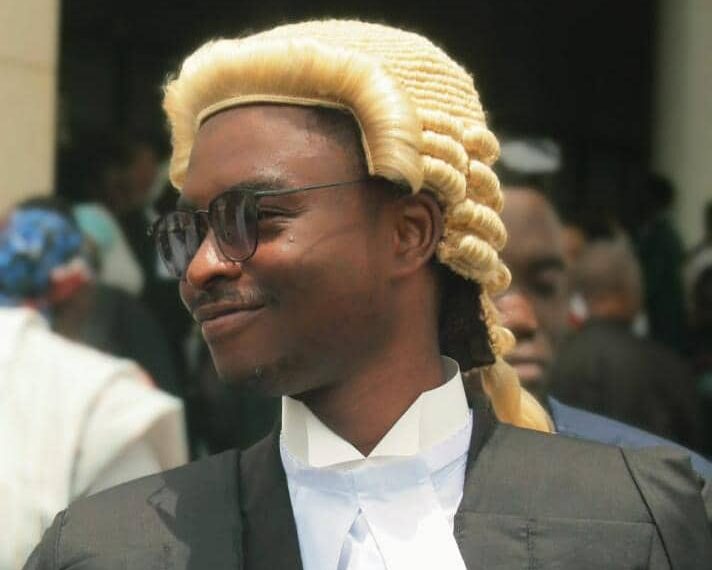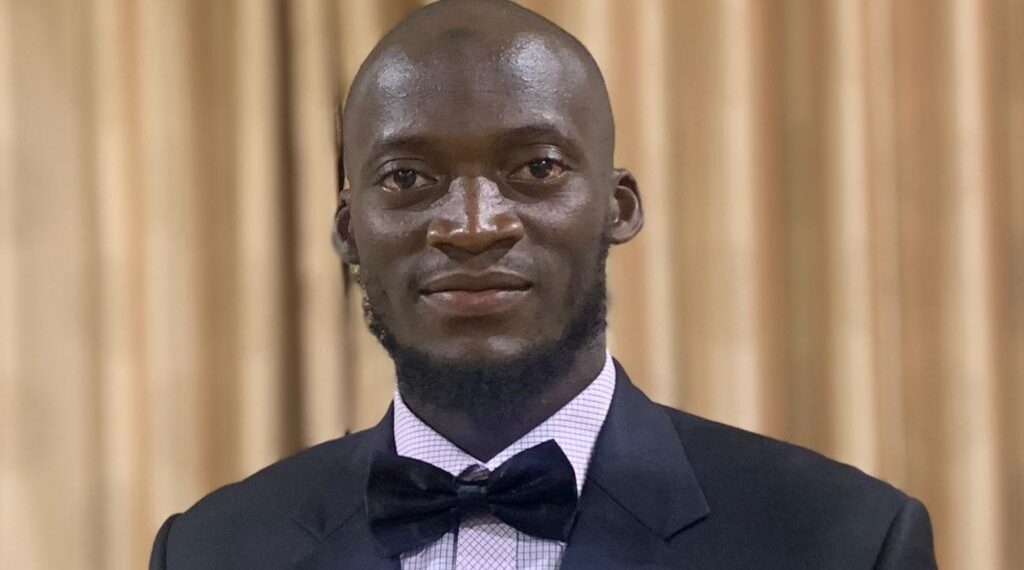Being a rejoinder to an article written by Mr Emperor Ogbonna Onunaekwuruoha ESQ and published on The street journal on the 31st of December, 2021, accessed on 4th of January, 2022 and titled “EFCC has no right to arrest, prosecute state governors after their tenure – Supreme court rules”.
At sight, I was so confused on such long title but created a time to read and digest the opinion of the learned senior. The learned senior based his argument on the recent decision of the Supreme Court in the case of Dr. Joseph Nwobika SAN VS Federal Republic of Nigeria.
Having digest the case referred to by the writer earlier before, I find it worthy to write a rejoinder to the said write up. The learned senior opined as follows:
1. That in respect to the case, EFCC cannot prosecute governors after there tenure for embezzlement again
2. That only the Attorney general or police or any other agency that is covered by the Criminal Code, Penal code, or any other law can prosecute governors
3. The supreme court has held that the EFCC does not have the powers to prosecute offenses that are not corruption cases and that the only corruption cases it can investigate are cases involving the movement of cash from Nigeria to foreign countries and corruption cases involving federal finances, being a creation of federal law.
4.The court also held that the EFCC has no power to look into the finances of states. Thus if a governor stole money from a state where he was governor, the EFCC has no power to prosecute that governor.
5. That the EFCC, by the judgment in the case (Supra) can no longer hide under section 12 to 18, and section 46 of the EFCC Amended Act 2004, to prosecute all kinds of cases whether emanating from the state or federal government, as its powers are regulated by the global action against corruption as regulated by the United Nations conventions which Nigeria signed.
6.That the federal government also can no longer use the EFCC to control the governors of the state and the federal government can no longer use the EFCC to persecute any politician that is not in its good book.
7. That States are now free to make their own laws to establish anti-corruption agencies to deal with corruption cases emanating in the states, though the Criminal Code and penal code have provisions that deal with corruption.
8. the EFCC can no longer investigate government contractors or anybody that was complicit in stealing or embezzlement of state money.
He further opined that it means the pending case of Orji Uzor Kalu will have no stand as it’s being prosecuted by EFCC which ought not to be. He concluded by saying the judgement will amount to subverting justice and encourage corruption, he write and I quote “This decision may have dwelt a very big blow to any fight against corruption as governors of the states can now steal as they like.”
In the course of this rejoinder, I find it apt to nominate an issue for determination which will be use to refute all the assertions of the learned senior which is presumed upon serious misinterpretation of the court decision.
The issue is: ”Whether or not the Supreme Court held in the case above that EFCC cannot prosecute governors after there tenure for embezzlement again”
I answered the question in the Negative and opined that the supreme court has not held such but the learned senior swam in the pool of misinterpretation and confusion in the course of interpreting the position of the apex court and as well attached his own personal emotion to the write up which is not expected of a learned mind like him.
The issue for determination in the case is in no where related to the position of the learned senior. The learned senior said, “The court also held that the EFCC has no power to look into the finances of states. Thus if a governor stole money from a state where he was governor, the EFCC has no power to prosecute that governor” whereas in the case, the issue for determination was “whether the EFCC had any authority to investigate and prosecute the Appellant for the offence of attempting to pervert the course of justice…” We start by questioning the two issues, are they synonymous?
Even a lay man will answer in the negative! The issue raised by the writer in the said article is in no way tantamount to the issue resolved by the court. One deals directly with embezzlement which doesn’t need any other judicial interpretation as to weather EFCC can prosecute over it or not (provision of section 14-18 of the EFCC amended act, 2004 is very succinct) while the other deals with a question of law which need judicial interpretation. The issue in question is whether the phrase “any form of corrupt malpractices” as used in section 46 of the EFCC act can entails attempt to pervert the course of justice which the appellant was charged for among others.
In the issue, brilliantly resolved by the Supreme court that the said provision cannot entails an attempt to pervert the course of justice doesn’t in anyway obviate EFCC from prosecuting any governor that embezzled. Even, we can say the case is a landmark as if such is not decided thus, EFCC will be over empowered and have right to entertain any case because anything which is not done in the proper way is seen as corruption. Hence EFCC will have right to prosecute anyone charged with firearms, cheat, fraud and even unfair treatment of spouse, isn’t that so ridiculous?
More so, the ambit at which the Supreme court interpret the section (supra) is succinct as the commission is only empowered to prosecute any financial crime so what can we call money laundering by governor?
In addition, there’s no instance in the case where the court has held that the only corruption cases it can investigate are cases involving the movement of cash from Nigeria to foreign countries and corruption cases involving federal finances, being a creation of federal law.
The position of the court is clear, it only held that the phrase “any form of corrupt malpractices” cannot and mustn’t be interpreted to connote all criminal activities but only financial crimes. Be it movement of government from one state to another within Nigeria or outside Nigeria in an improper way, the EFCC can and are empowered to prosecute such. Furthermore, although, the court while interpreting the section referred back to certain provisions of the The United Nations General Assembly Resolution 58/4 of 31st October 2003, (such as the preamble, article 15 of the convention among others) which brought EFCC into light in Nigeria Nigeria but in no way ruled that EFCC can’t prosecute anyone.
The effect of the provisions is that since EFCC was an offshoot of the convention then the aims behind the convention must be elucidated in interpreting section 46 of the EFCC amended act. With the assertion of the learned senior, one will begin to wonder what exactly will now be the functions of EFCC and what the court is actually doing to fight against corruption but the simplest answer is that the learned senior dwell in the river of misinterpretation and contradictory.
In conclusion, When the provision of a statute or judicial precedent is clear and precise, it’s expedient to illustrate and expound those words in their natural and ordinary sense. The case at hand is so clear and precise that doesn’t require even a layman to labour under misinterpretation and misunderstanding.
The learned senior, through an uncanny capacity, managed to mislead the populace and bring a backward thinking to the minds of most Nigerians who have already lost trust in the judicial system of the country. His article is therefore misleading, inherently contradictory, misconstruction and misstatements and does not represent the correct position of the court in the case cited.
By: Keulere Nabil Olarewaju Tel: 0905 868 8488 Email: mbamj1012@gmail.com LLB 2, Faculty of Law, Ahmadu Bello University (ABU), Zaria, Kaduna state.

















